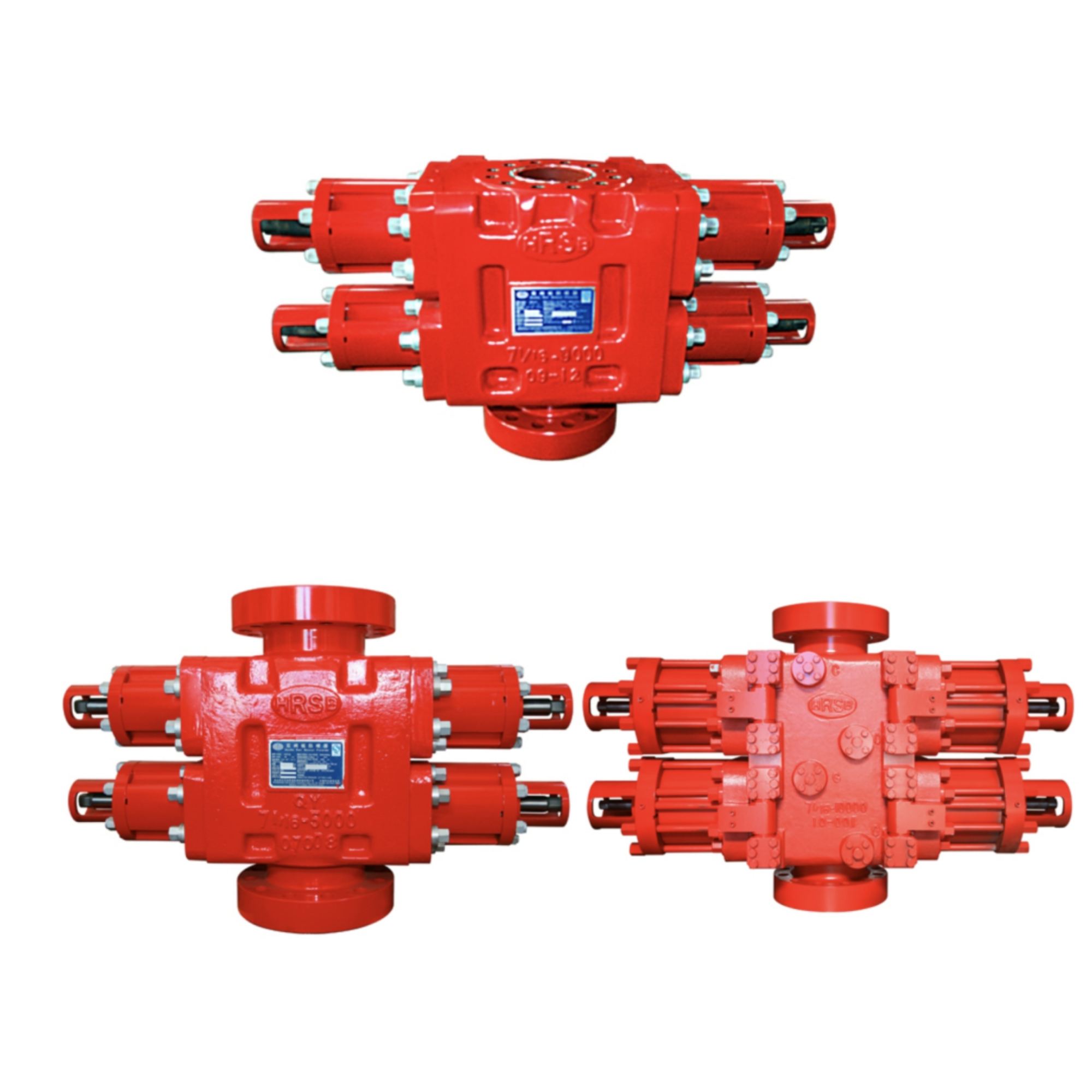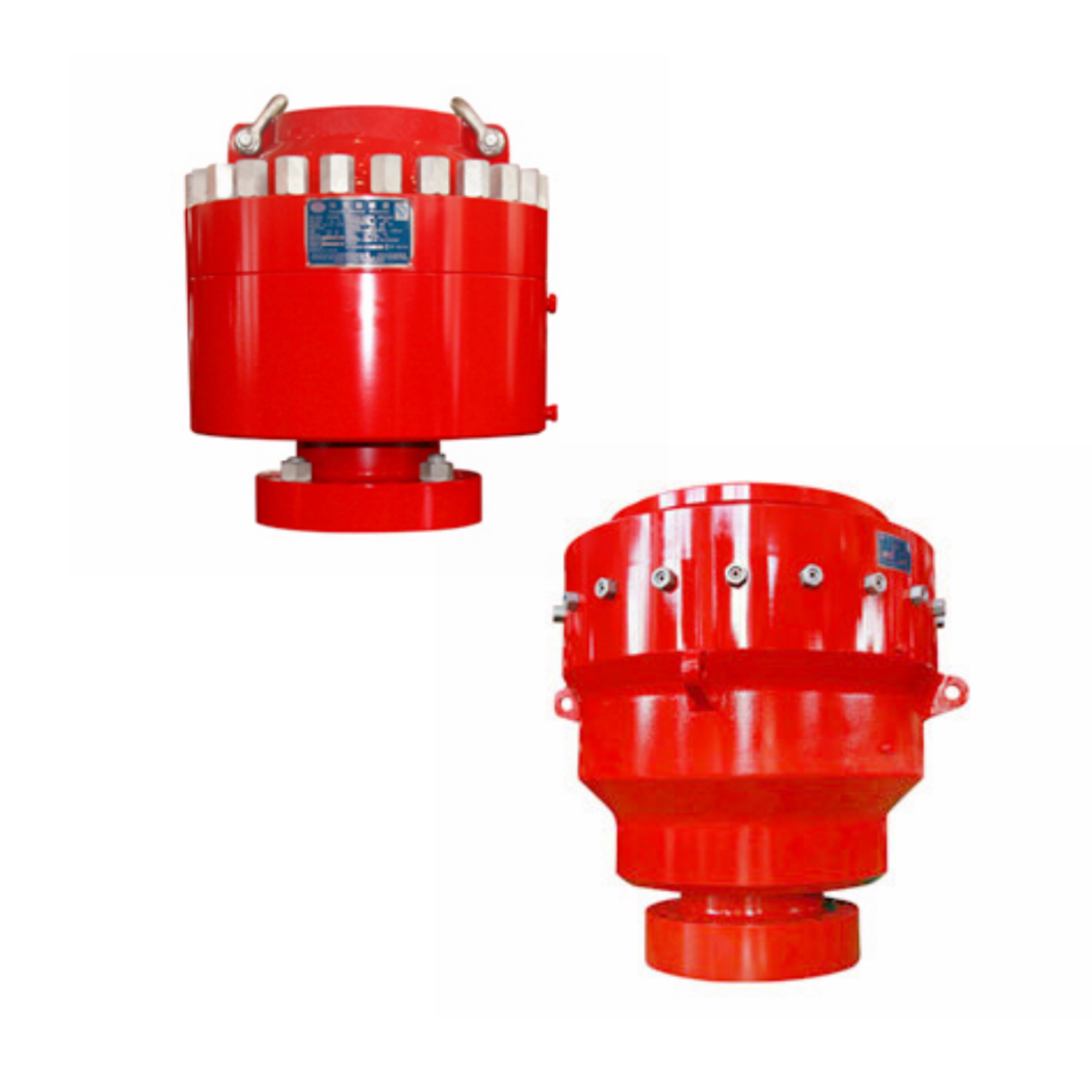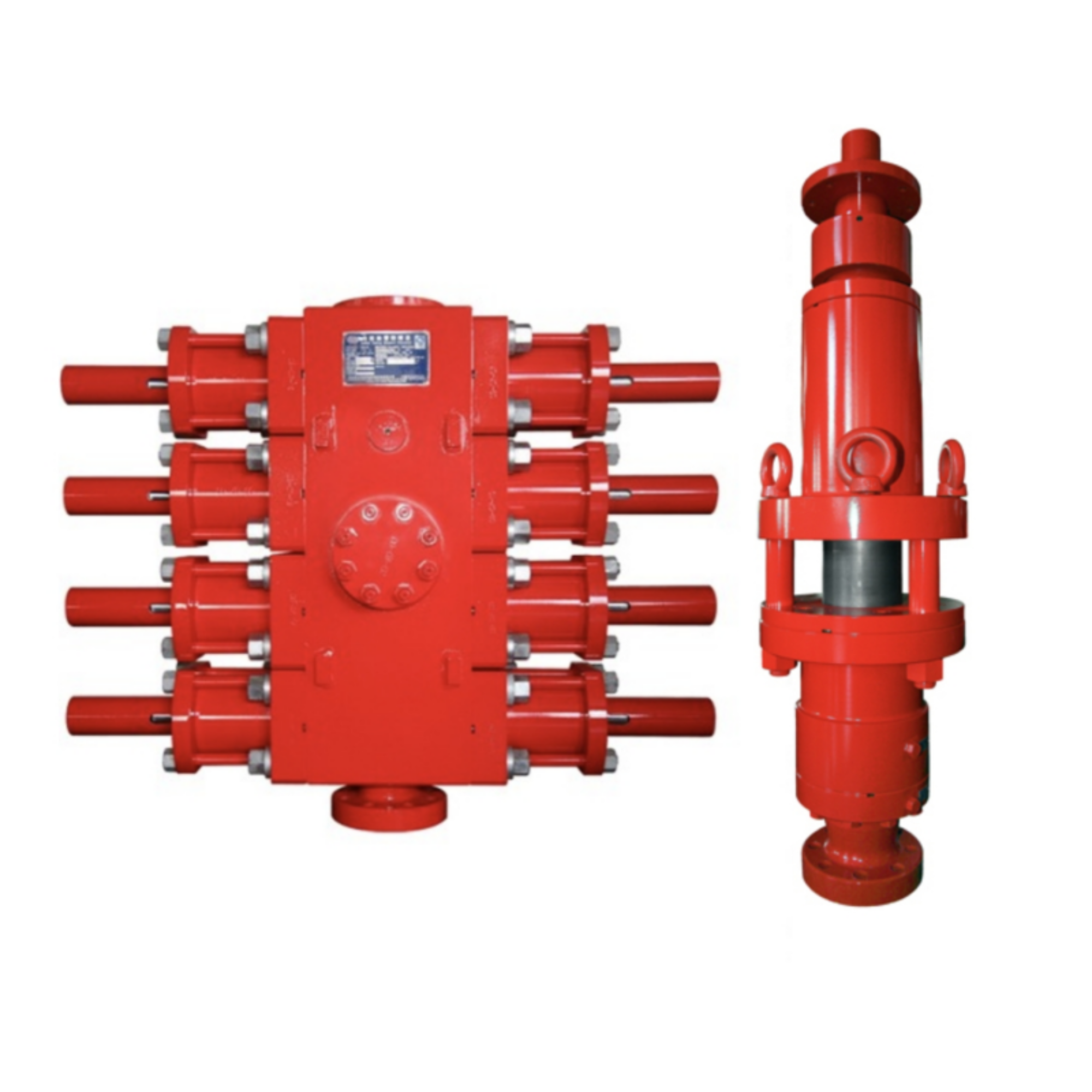इनवेंशन को स्वीकार करना: ब्लोअउट प्रतिरोधक प्रौद्योगिकी में प्रगति
हालांकि, नई BOP (Blowout Preventer) प्रौद्योगिकी और सुधारे हुए कुँवारी नियंत्रण प्रणाली बाहरी समुद्री ड्रिलिंग के लिए उन जोखिमों को प्रबंधित करने के तरीके प्रदान करती हैं। उदाहरण के तौर पर, वे वर्तमान में "अत्यधिक गहरे-पानी" BOPs का परीक्षण कर रहे हैं जो 12,000 फीट की गहराई तक संचालित किए जा सकते हैं। ये उच्च-तकनीकी प्रणाली हाइड्रॉलिक्स और इलेक्ट्रॉनिक्स का उपयोग करके प्रवाह को नियंत्रित करने में मदद करती हैं, जिससे प्रतिक्रिया समय तेज हो जाता है और किसी दिए गए कुँए को ब्लोआउट से बचाने में बेहतर क्षमता होती है। इसके अलावा, नए कुँवारी नियंत्रण प्रणाली ब्लोआउट की संभावना को पहले से ही पहचान सकते हैं और रक्षात्मक तरीकों से आपदाओं से बचने के लिए काम करते हैं।
हालांकि, ब्लोआउट प्रिवेंटर सुरक्षा उपकरण हैं जो बाहरी समुद्री ड्रिलिंग में एक अत्यधिक महत्वपूर्ण उद्देश्य सेवा करते हैं, लेकिन उन्हें बिल्कुल बिना दोष नहीं माना जा सकता। फिर भी, BOP प्रौद्योगिकी और कुँवारी नियंत्रण प्रणाली के दोनों में सुधार किए गए हैं जिससे गहरे तरल तेल की बहाव जैसी आपदाओं के जोखिम को कम किया जा सके, जैसे डीपवाटर होराइज़न - हालांकि ये कभी भी हमारे समुद्रों को मृत दूषण से बचाने के लिए प्रतिस्थापन नहीं हो सकते।
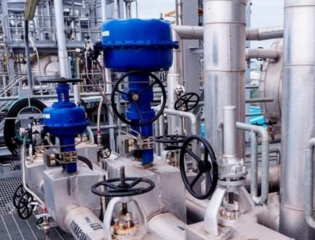
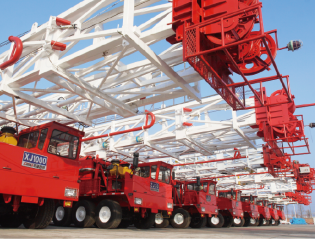

 EN
EN
 AR
AR
 BG
BG
 HR
HR
 CS
CS
 DA
DA
 NL
NL
 FI
FI
 FR
FR
 DE
DE
 EL
EL
 HI
HI
 IT
IT
 JA
JA
 KO
KO
 NO
NO
 PL
PL
 PT
PT
 RO
RO
 RU
RU
 ES
ES
 SV
SV
 CA
CA
 TL
TL
 IW
IW
 ID
ID
 LV
LV
 LT
LT
 SR
SR
 SK
SK
 SL
SL
 UK
UK
